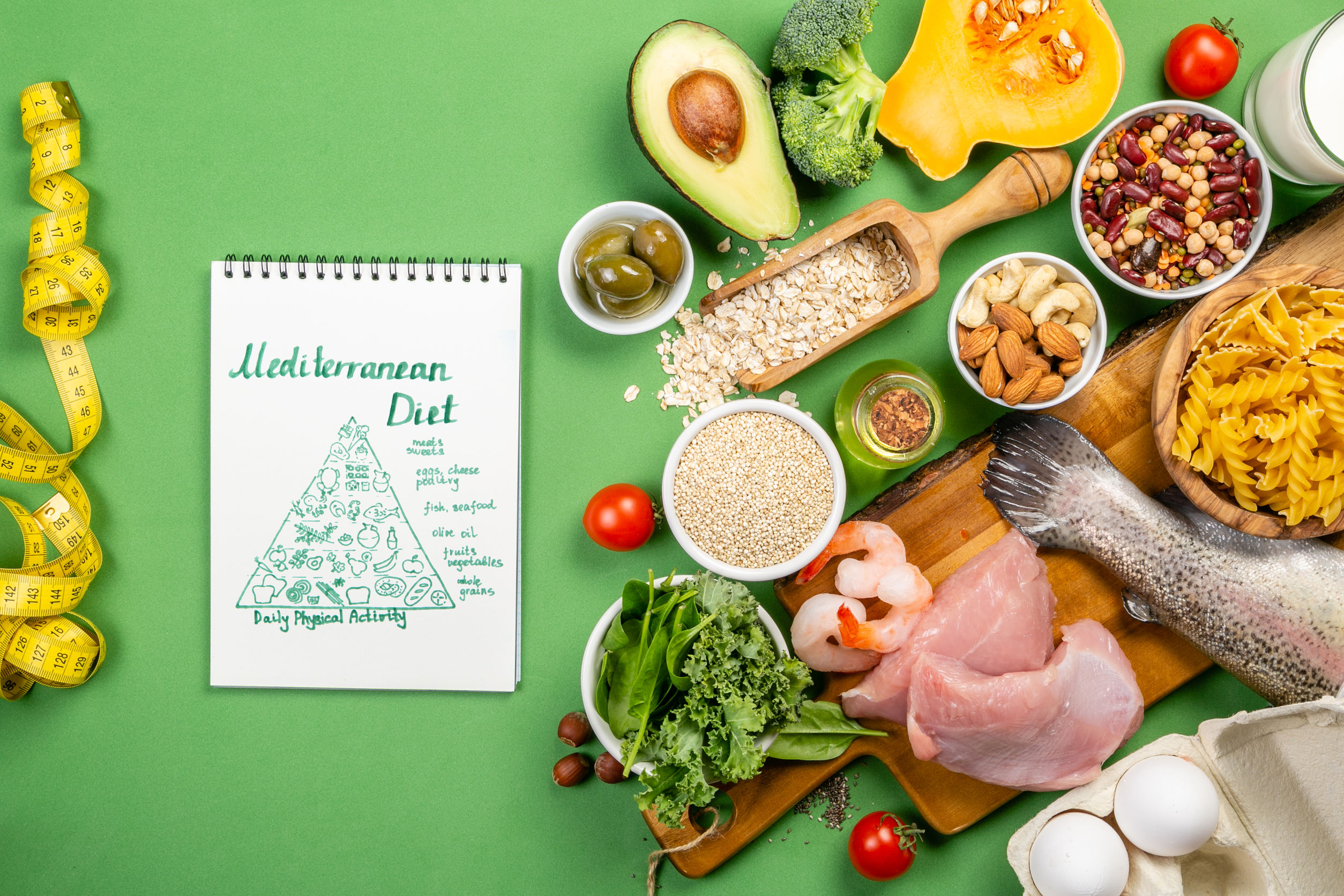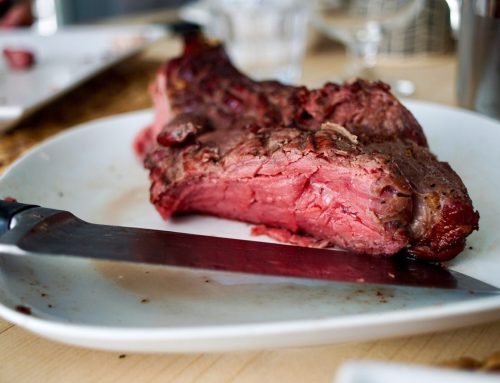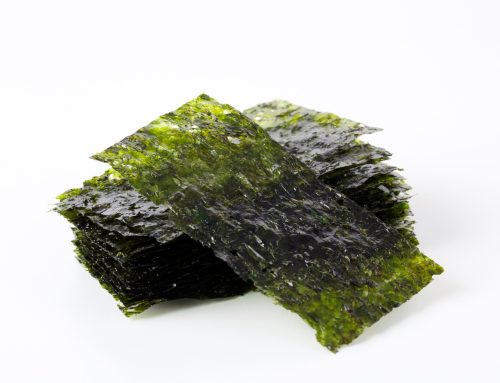You might wonder what is the Mediterranean diet? This diet is one of the most enduringly popular and consistently praised diets in the world. And here we have a quick but comprehensive guide on how to follow it.
Earlier this year, U.S. News picked the Mediterranean diet as the best diet overall in its annual best diet rankings for the fourth consecutive time. The publication also picked the same diet for the number one position in five other categories: best diets for healthy eating, easiest diets to follow, best diets for diabetes, best heart-healthy diets and best plant-based diets.
But perhaps this shouldn’t come as a surprise, as the Mediterranean diet has long been lauded as one of the healthiest around. Rooted in deep-seated culinary traditions, the eating habits of the people from countries bordering the Mediterranean Sea remain ever relevant—perhaps even more so—for us modern folk today.
What is the Mediterranean Diet?
Now, one thing that needs to be understood about the Mediterranean diet is that there is no single, strict definition of what it entails. The name alone indicates that we’re talking about a huge geographical area that encompasses Greece, Italy, Spain, Cyprus and many other countries. It goes without saying that the dietary habits of the people in each country— and of the many cultures within each country— can vary wildly…
There are, however, a range of common traits shared across the region that have been identified for being beneficial for a healthy lifestyle. Here are some of the easiest ways to make your own diet more Mediterranean-style.
Diet Guidelines
• Base your meals around starchy foodstuffs such as potatoes, bread, rice and pasta. Whenever possible, choose wholegrain versions of these items. Refined grains, however, are best avoided. So, try to eat less white bread, pasta made with refined wheat and pizza—that is, if the pizza dough contains white flour.
• Use products made from vegetable and plant oils. Olive oil, for one, is basically the poster child for the Mediterranean diet. That being said, avoid refined oils such as canola oil, soybean oil, cottonseed oil and many others.
• Eat more fish. Fish should also come as no surprise when it comes to a diet named after an actual sea. As a basic guideline, shellfish and seafood in general come highly recommended, although these days, you might want to consider familiarizing yourself with the risks of heavy metal accumulation in sea animals and how to make sure that the seafood you buy is responsibly sourced.
• Eat less red meat. The health risks of red meat consumption is a controversial topic, to say the least. The classic interpretation of the diet, however, has always put red meat as something to be eaten only rarely. On a related note, poultry, eggs, cheese and yogurt are meant to be eaten in moderation. For this particular point, let’s just say that personal discretion is the best guide. Although it’s probably safe to say that we can all agree that processed meats—hotdogs, sausages, luncheon meats and their ilk—should be avoided.
• Avoid trans fats and added sugar. The former is often found in margarine and the aforementioned processed meats, the latter is—unfortunately—pretty much ubiquitous these days. That’s why it’s not such a bad idea to take your coffee or tea, without sugar.
• Drink red wine in moderation. Let’s get one thing straight: Moderate consumption of red wine may have health benefits—it does contain antioxidants which can protect cells from damage and polyphenols which can promote hearth health. Excessive consumption, however, can cause liver damage, stroke, cardiomyopathy and several types of cancer, just to name a few. One glass of red wine a day can be good for you, but going without isn’t exactly a huge loss.
• Eat fruit, nuts and legumes. Fruit is a major player in this healthy diet, especially figs and grapes. But no less important are nuts and seeds such as almonds, macadamia nuts, sunflower and pumpkin seeds, and so on. Legumes such as chickpeas, peanuts and lentils can also help make your meals take on a strong Mediterranean feel.
• Don’t forget to stay active. Last but not least, one should also consider the lifestyle factors that go hand in hand with the Mediterranean diet. So, ultimately, stay active and, whenever possible, don’t eat alone.
Click here to read more about what is a Mediterranean diet.







